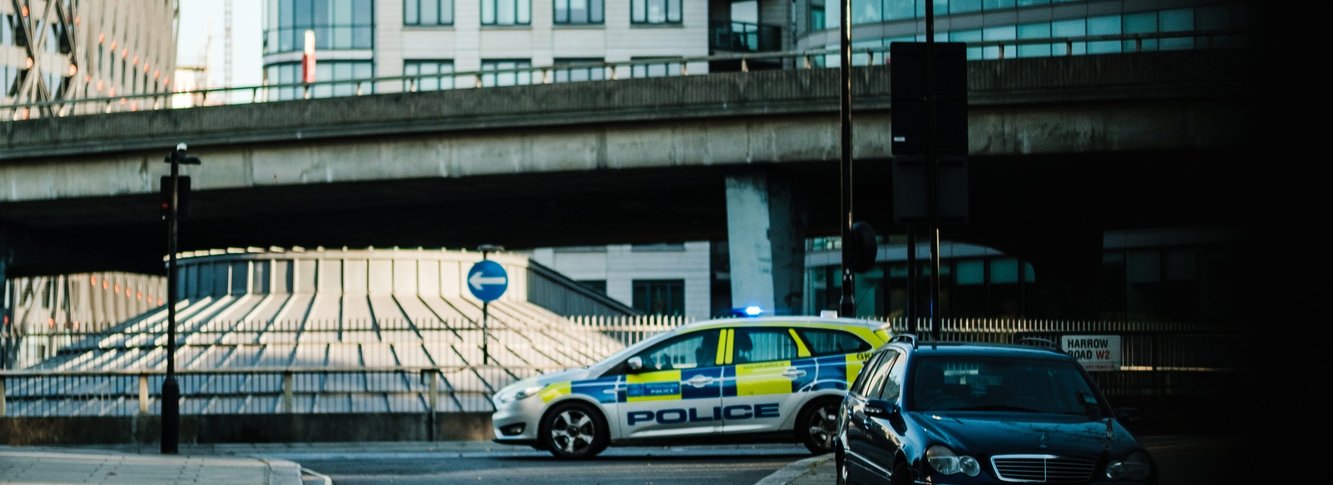| 6 mins read
Cressida Dick became Police Commissioner in 2017 and, like those before her, was charged with implementing the recommendations of the 1999 Macpherson Report into the investigation of the racist murder of 18-year-old Stephen Lawrence in 1993.
In February 2022, London Mayor Sadiq Khan intervened over what he described as enduring problems of ‘racism, sexism, homophobia, bullying, discrimination, and misogyny’ in the Metropolitan Police Force, which culminated in Dick’s resignation. That Dick resigned in these circumstances prompts the question of why, despite attempts at reform over the course of more than two decades, pervasive discrimination persists in the Metropolitan Police.
Successive Police Commissioners have publicly stated their support for tackling institutional racism, while maintaining deep reservations about the utility of the concept. Dick’s own reservations can in part be attributed to a lack of understanding of the dynamics that underpin institutional racism, as well as a limited grasp of the relationship between people and the institutions they comprise. Ultimately, she was to reject the concept of institutional racism altogether.
Rethinking institutional racism
Confusion about the term ‘institutional racism’ may explain why some want to move away from it.
There is a tendency to see institutions as entities which hold the power to socialise individuals and change their behaviour for the better. This often leads to top-down reform, which places the emphasis on choice of leader. Instead, institutional reform must be premised on the understanding that it is individuals who comprise and create institutions which, in turn, guide people’s cognition about those institutions and contribute to their sense of how things are done here. In this account, it is institutionalisation, meaning the individual’s active creation, investment in, and maintenance of the institution which should be our focus, and not the institution as a distinct entity, which moulds the individual.
Leaders matter in this debate, but we also need a better understanding of institutional dynamics and how they perpetuate discrimination if we are to reform troubled institutions.
Dick’s record on tackling institutional racism
Under Dick's leadership, the Metropolitan Police Service had the highest levels of diversity compared to all other UK police forces. But considering 40.2 per cent of people in London are from Asian, black, mixed, and other ethnic backgrounds, diversity in the force (15.5 per cent in 2020) is still far from the goal of reflecting diversity in the city of London.
Post-Macpherson, definitional ambiguity about what institutional racism means led to a focus on rooting out the racist behaviour of individuals. For example, the Macpherson Report led to the virtual eradication of racist language, which was a positive change, but clearly does not exhaust the scale of the task affecting the police service. A focus on diversifying recruitment adopts the same kind of approach.
Increasing diversity is a form of essentialism by another name. It assumes that by being black, those individuals are necessarily anti-racist and will change the culture of the institution. Diversifying the workforce may, in time, contribute positively to change in the police force, but such an approach does little to acknowledge or address the complex interactions between the culture and practice of the police and how it sustains and reproduces racism throughout the institution.
The over-policing of black communities
In the year ending March 2021, 695,009 stop and searches were conducted. This is a 24 per cent increase compared with the previous year. Individuals from a black or black British background were searched at a rate seven times higher than those from a white ethnic group.
Stop and search powers have a longstanding history of criminalising young black men, who may be stopped because of the suspicion of a crime or, in the case of Section 60 stop and searches, without suspicion of crime. The use of such tactics has long been seen as a mode of surveillance of black communities through routinely over-policing young black men. That stop and search levels increased under Dick's tenure suggests that she was committed to this strategy, despite acknowledging the negative effects it has on levels of trust and confidence in the police among minority ethnic communities.
The statement ‘the police are the public and the public are the police’ has been offered to new police officers at the start of their careers since 1829. The phrase refers to a philosophy of British policing which emphasises that policing is best done by consent, rather than through force by the state. But the principle of policing by consent is fundamentally undermined when the police are perceived to be institutionally racist and discriminatory on other fronts.
Reform of the police must go above and beyond choice of leaders and needs to return to debates about institutional racism, rather than think that such debates can be relegated to the past, as Cressida Dick suggests. If the police are to be reformed, then a more robust concept of institutional racism, such as that elaborated here, is an important step in the right direction. It untangles the complex relationship between people and institutions, while not reducing the problem of racism to isolated individuals, be they leaders or bad apples.
Need help using Wiley? Click here for help using Wiley


